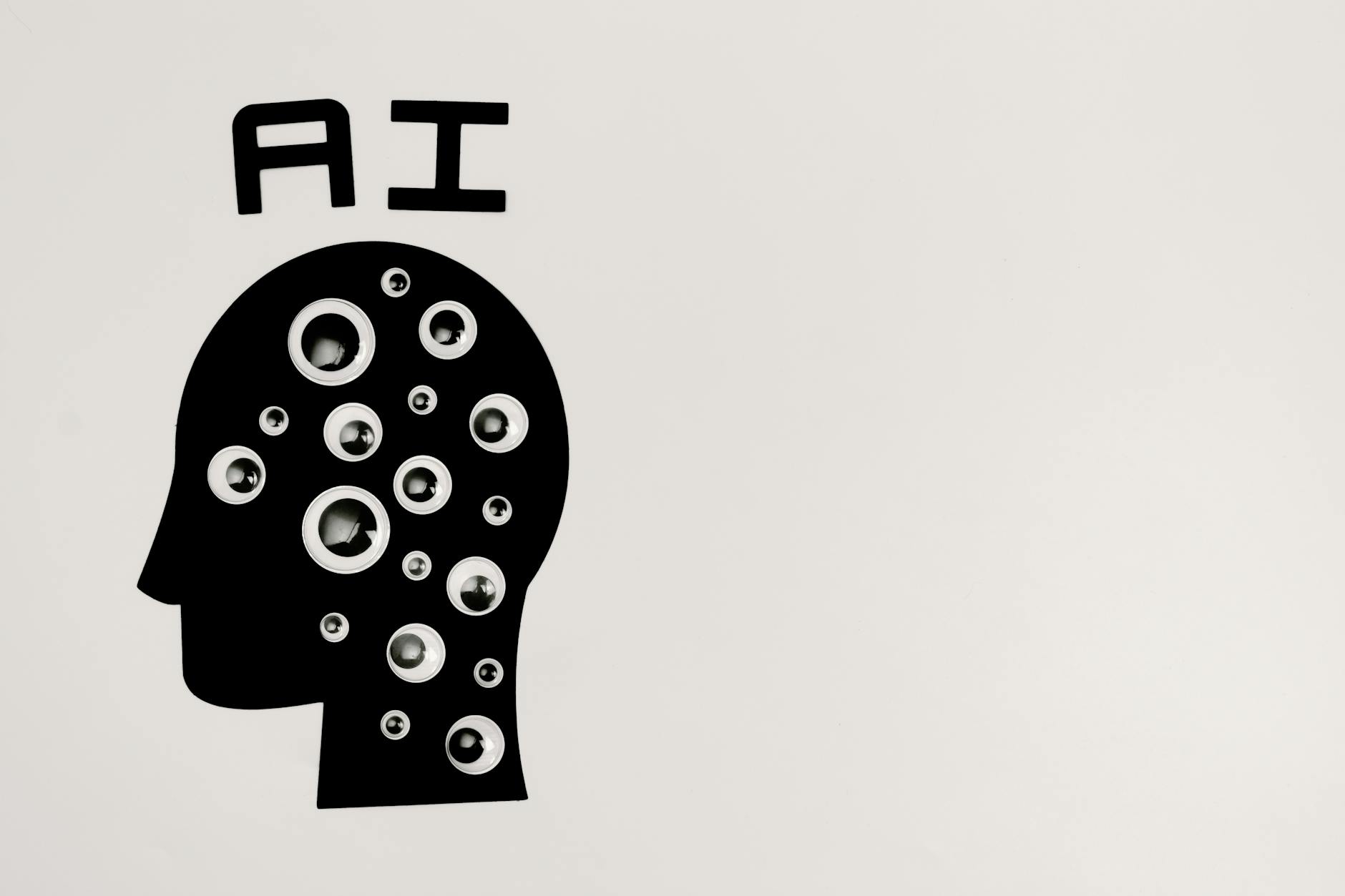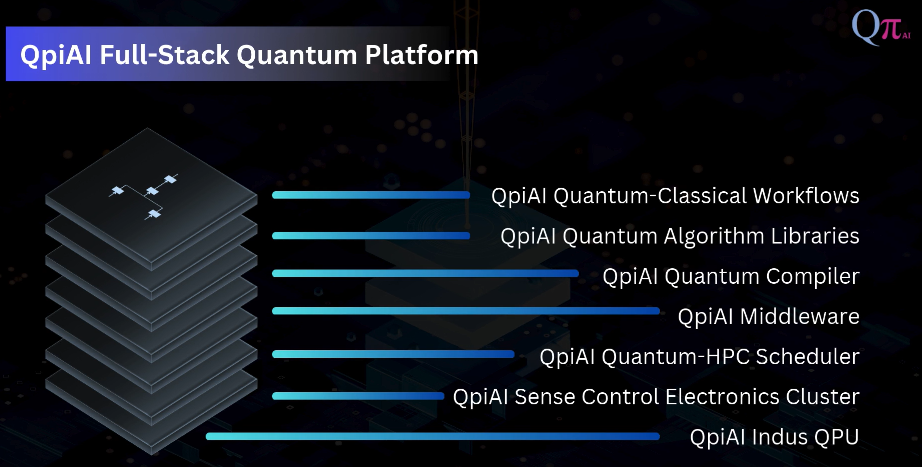1. Industry Definition
AI Agents are autonomous or semi-autonomous software entities that leverage artificial intelligence to perform tasks, make decisions, and interact with users or systems. These agents operate across diverse environments—including consumer applications, enterprise systems, and industrial platforms—and are increasingly capable of handling complex, goal-oriented tasks without continuous human intervention. They encompass various forms such as:
- Virtual assistants (e.g., Siri, Alexa)
- Customer service bots
- Intelligent process automation agents
- Autonomous software agents for cybersecurity, finance, healthcare, etc.
2. Current State of the Industry
The AI Agents industry is undergoing rapid evolution due to breakthroughs in large language models (LLMs), reinforcement learning, and multi-agent systems. The deployment of autonomous agents in enterprise operations, customer service, R&D, and edge environments is growing. Notably:
- Open-source frameworks (like LangChain, AutoGPT, AgentGPT) have democratized agent development.
- Enterprises are embedding agents in CRM, ERP, and custom workflows.
- Integration with multi-modal AI (text, voice, vision) is increasing.
3. Market Size and Forecast
- 2024 Market Size: ~$6.9 billion (Source: MarketsandMarkets, Grand View Research)
- CAGR (2024–2030): ~38%
- Forecasted Market Size (2030): ~$58 billion
Major growth areas include:
- Enterprise automation
- AI-driven customer experience
- Agentic design for robotics and edge computing
- AI assistants for knowledge work and software development
4. Key Trends
- Agentic AI Models: Shift from tool-use AI to goal-oriented agents with memory, planning, and tool orchestration.
- Multi-agent collaboration: Systems where multiple agents interact to complete complex tasks collaboratively.
- Autonomous Software Companies: Teams developing AI agents that run businesses autonomously (e.g., Devin AI).
- AI + RPA Integration: Merging AI agents with robotic process automation for end-to-end business task execution.
- Domain-specialized Agents: Legal AI agents, medical agents, scientific discovery agents.
- Privacy-aware Agents: On-device AI agents prioritizing data sovereignty.
5. Challenges
- Hallucination and reliability: Agents may take incorrect or suboptimal actions without proper grounding.
- Interpretability: Understanding agent reasoning and behavior remains difficult.
- Security Risks: Agents interacting with systems and APIs can be exploited.
- Regulatory Uncertainty: Ambiguous laws around autonomous decision-making systems.
- Cost of orchestration: Running agent systems with LLMs and APIs can be expensive.
6. Future Outlook
The future of AI Agents lies in:
- Embedding cognitive architectures with reasoning, memory, and learning
- Enhanced interoperability with enterprise systems
- Trustworthy agent design with explainable AI (XAI) methods
- Regulation and standardization to enable safe deployment
- Consumer AI agents becoming more personalized and proactive
7. Key Players (Brief Profiles)
- OpenAI: Pioneers of ChatGPT and agentic frameworks like AutoGPT and GPTs.
- Anthropic: Claude AI supports agentic use cases with a focus on alignment and safety.
- Google DeepMind: Researching advanced agents for scientific discovery and robotics.
- Microsoft: Embedding AI agents into Copilot for Office, Windows, and enterprise apps.
- Meta: Developing open-source agentic models and frameworks.
- LangChain, ReAct, CrewAI: Frameworks powering agent-based architectures.
- Adept AI: Building action-taking agents that use tools like humans do.
- Cohere, Mistral, xAI (Elon Musk): Emerging players contributing models and infrastructure.
8. Key Personalities and Influencers
- Sam Altman (OpenAI)
- Dario Amodei (Anthropic)
- Demis Hassabis (DeepMind)
- Elon Musk (xAI)
- Andrej Karpathy (ex-Tesla/OpenAI, influential educator)
- Jeremy Howard (Fast.ai)
- Swyx (Shawn Wang) – Evangelist for agent-based workflows and LLMOps
9. Industry Bodies and Regulators
- OECD AI Policy Observatory
- IEEE Standards Association (IEEE SA)
- Partnership on AI
- World Economic Forum AI Governance Alliance
- European AI Alliance (EU)
- US National AI Initiative Office (NAIIO)
10. Industry Standards
- IEEE P7000 series – Ethics in Autonomous and Intelligent Systems
- ISO/IEC 22989:2022 – Artificial Intelligence Concepts and Terminology
- ISO/IEC 42001 – AI Management System Standard (AIMS)
- Open Agent Architecture (OAA) – Interoperability standard for multi-agent systems (academic)
11. Popular Industry Events
- NeurIPS
- AAAI Conference on Artificial Intelligence
- ICML (International Conference on Machine Learning)
- AI Agent World Summit
- OpenAI Dev Day
- The AI Engineer Summit
- CogX Festival
- WEF Annual Meeting (AI focus tracks)
12. Government Policies & Regulations
- EU AI Act (2025): Regulates risk-based classification of AI systems, including autonomous agents.
- White House Blueprint for an AI Bill of Rights (US): Principles for agent behavior and user protections.
- China’s Interim Measures for the Management of Generative AI Services (2023): Covers generative and autonomous systems.
- India’s DPDP Act (2023): Implications for AI agents handling personal data.
- OECD AI Principles: Promoting innovation while ensuring fairness and accountability.



